April 21, 2025 | 10:20 GMT +7
April 21, 2025 | 10:20 GMT +7
Hotline: 0913.378.918
April 21, 2025 | 10:20 GMT +7
Hotline: 0913.378.918
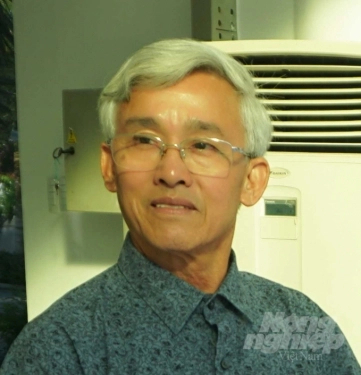
Pham Thai Binh, General Director of Trung An High-Tech Agriculture JSC. Photo: HD.
The export of first batch of fragrant rice in early 2021 has marked a good start for Vietnam's rice industry. What are the prospects for the rice industry this year?
In 2021, Vietnam's rice export is expected to not only maintain the 2020’s growth but also likely surpass last year in both quantity and value.
There are three main reasons for our optimism.
First, the Government’s consistent policy of deepening the country’s international integration and making friends with all countries in the world in recent years has brought many competitive advantages to Vietnam's economy. With many bilateral and multilateral free trade agreements being signed, Vietnam enjoys competitive edges that many other countries cannot have.
Second, the domestic rice industry has also been restructured towards improving the quality of rice instead of chasing output while diversifying rice varieties with high quality, delicious taste and safe to meet the rising demand of consumers both at home and abroad,
Third, Vietnam is one of the top rice suppliers to the world. The COVID-19 pandemic being raged since early 2020 until now has put many countries in a shortage of food and foodstuffs due to the disrupted supply chains which are not easy to recover in a short time. Therefore, the demand of many new markets for Vietnamese rice has increased from mid-2020 to now and will likely continue to increase in 2021.
What is Trung An company’s business plan this year to maintain its position as one of Vietnam’s top rice exporters?
For the past 10 years, Trung An has focused on manufacturing, processing and exporting high quality, delicious rice that meets GlobalG.A.P standards and organic rice. The company has paid special attention to the cultivation and production process so that consumers can eat rice without chemical residues. This process applies high-tech production of bioactive molecules which no country has expanded it on a large scale.
Being a pioneer of applying this biotechnology has also made Trung An company gain the upper hand in supplying clean rice. Moreover, the application of this technology to rice cultivation has created an eco-friendly environment without chemicals on most of the Mekong Delta’s land areas.
At that time, the life of the community has been improved. People and particularly the future generations will enjoy better health and will no longer be obsessed with the risk of disease arising from consuming food with chemical residues abused in cultivation.
Trung An currently has rice product brands that have been long built and are trusted by domestic and international customers. Could you brief some advantages of Trung An rice brand that makes it stand out in the market?
Before 2010, Trung An had invested in building the enterprise's rice brand and up to now, the "Trung An clean rice" and "Trung An organic rice" brands have gained trust of both domestic and foreign consumers. Trung An clean rice is absolutely safe because it does not use chemicals in cultivation, production and storage and is sustainable.
As one of the first Vietnamese enterprises to export rice to the EU after the EU-Vietnam Free Trade Agreement (EVFTA) took effect, what is the company’s plans to maintain position in existing markets and access new ones after other FTAs with other countries take effect?
To satisfy safety standards for rice products at hard-to-please markets such as Europe, the United States and other countries in the RCEP or CPTPP, the company has collaborated with farmers to cultivate and grow rice to meet GlobalGAP standards and organic rice standard for many years.
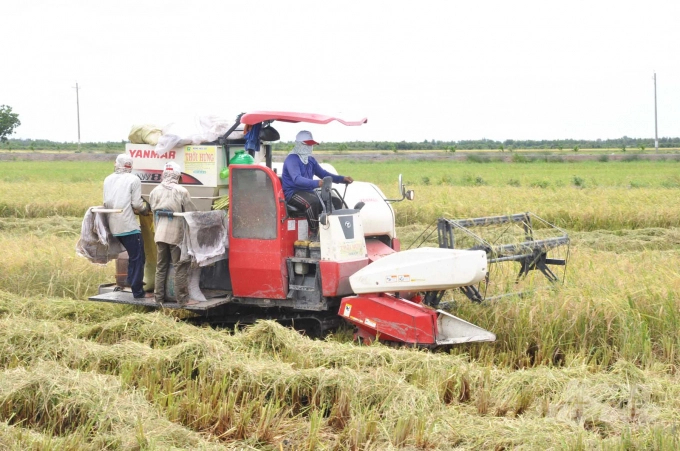
Trung An JSC has invested in large-scale rice production. Photo: HD.
In the winter-spring crop of 2021 (to be harvested in about 20 days), we took a step further and remove 100% chemical pesticides from the large-scale rice fields associated with farmers in order to in the next few years, most large rice fields in the Mekong Delta will no longer use fertilisers and chemical pesticides.
In your opinion, what solutions are needed to tackle difficulties and challenges for the rice industry?
Vietnamese rice has a very high competitive advantage. We have plentiful goods, a larger number of customers but the transport of goods has been the bottleneck recently and no solution has been outlined in 2021.
Empty containers and cargo ships for transporting goods are the deciding issues for rice exports this year and the following years but these are Vietnam’s weakness. The urgent solution now and in the future is that Vietnam must proactively control empty containers and cargo ships. To do that, the Government must instruct the maritime industry and logistic businesses to quickly tackle these issues.
Translated by Mai Huong
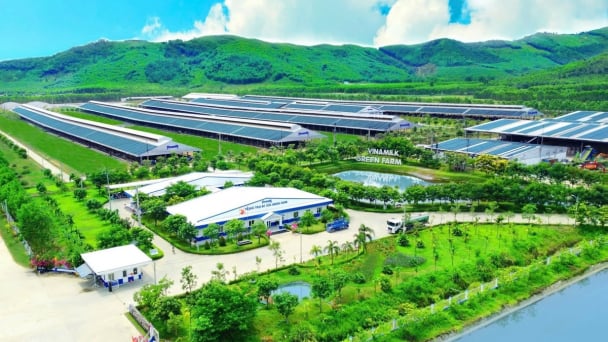
(VAN) Le Hoang Minh, representing Vinamilk, shared the company's experience in energy saving and green energy transition for production at a workshop held during the P4G Summit.
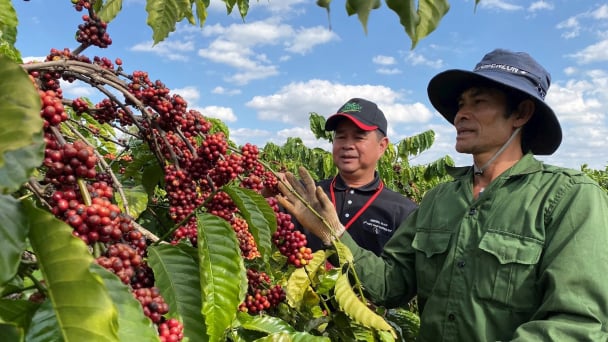
(VAN) Businesses emphasize fairness and equality when integrating social factors into their sustainable development strategies.
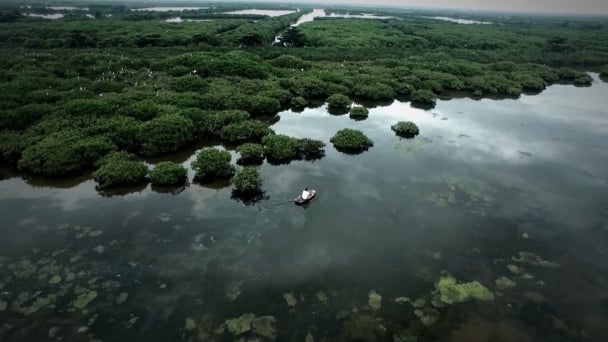
(VAN) French organizations and enterprises propose that Thai Binh province provide potential and long-term cooperation contents related to climate change response and green industrial development.
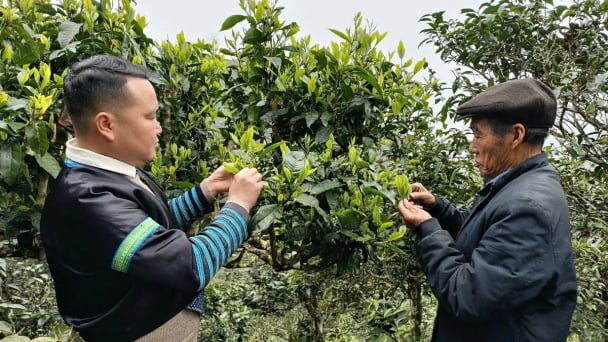
(VAN) Shan Tuyet tea is considered a 'heavenly treasure'. The H'mong people allow the tea to grow naturally, adhering to organic production principles, with the aim of exporting the product.
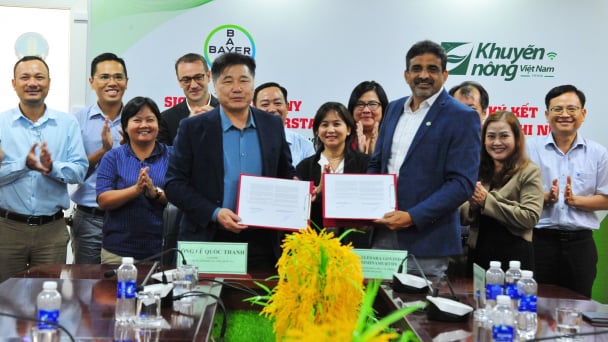
(VAN) Bayer Vietnam and the National Agricultural Extension Center have signed a partnership agreement to expand the development of effective and safe farming models for rice, durian, and coffee.
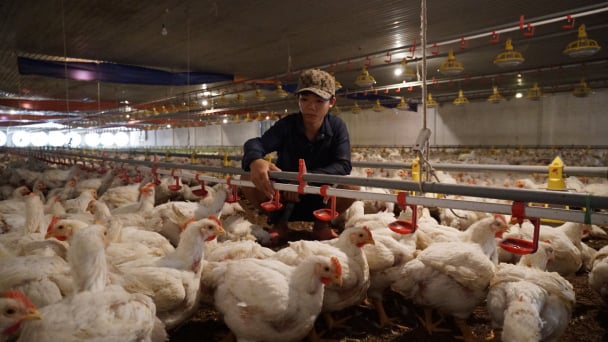
(VAN) Tay Ninh province possesses all the favorable conditions, from natural advantages to geographic location and social harmony, to drive economic development, particularly in attracting investment and advancing modern livestock farming.
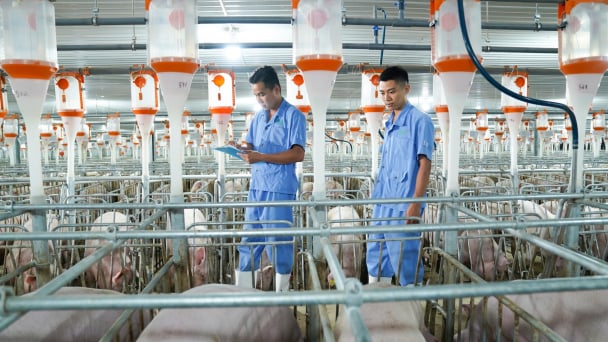
(VAN) Notably, every link in BAF's entire closed livestock value chain Feed - Farm - Food has received international certification.